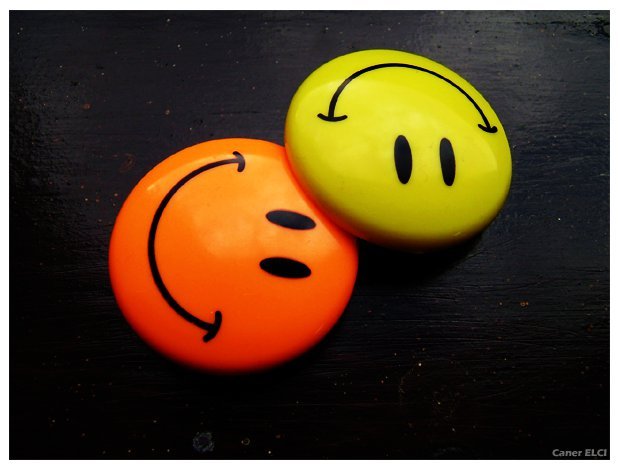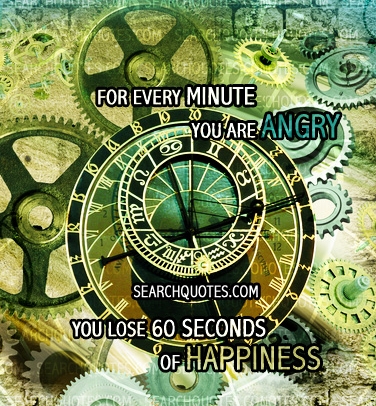 April 2, 2012: I’m at the United Nations today for the Bhutan-led “High Level Meeting on Wellbeing and Happiness: Defining a New Economic Paradigm.” The details are nicely summarized in a recent Op-Ed article by Timothy W. Ryback, the deputy secretary general of the Académie Diplomatique Internationale in Paris. As Ryback explains, the meeting was approved in a U.N. resolution last year recognizing that “the pursuit of happiness is a fundamental human goal” and “the gross domestic product [G.D.P.] does not adequately reflect the happiness and well-being of people….”
April 2, 2012: I’m at the United Nations today for the Bhutan-led “High Level Meeting on Wellbeing and Happiness: Defining a New Economic Paradigm.” The details are nicely summarized in a recent Op-Ed article by Timothy W. Ryback, the deputy secretary general of the Académie Diplomatique Internationale in Paris. As Ryback explains, the meeting was approved in a U.N. resolution last year recognizing that “the pursuit of happiness is a fundamental human goal” and “the gross domestic product [G.D.P.] does not adequately reflect the happiness and well-being of people….”
I’ll be adding live updates here through the day (see bottom of post). You can get a sense of the conversation by reviewing the online discussion over a draft statement the group plans to adopt.
Bhutan is a tiny, poor, once-isolated Himalayan nation well into the process of moving from monarchy to democracy and opening to the world. Recognizing problems attending a growth-driven economic sprint in other developing countries, in the early 1970’s King Jigme Singye Wangchuck decided to make his nation’s priority not its G.D.P. but its G.N.H., or gross national happiness. The goal ever since has been a mix of economic and social progress shaped to sustain cultural and environmental assets. (There’s a fun explanatory video here.) I first wrote on this concept in 2005, when several dozen Bhutanese leaders, scholars and other citizens, attending a conference in Nova Scotia, described efforts to move from happiness as a concept to a set of policies.
 Today’s meeting (you can track it via the Twitter hashtag #gnh) reflects a global build-up of this notion under other names, as an array of nations and agencies develop systems for measuring well-being that go well beyond what can be measured in dollars. (The Gallup pollsters and the health-care company Healthways have developed a polling project that aims to be a real-time U.S. Well-being Index. I think that a short-term time scale like that — daily polling of 1,000 people — kind of misses the point, but it’s a useful experiment.)
Today’s meeting (you can track it via the Twitter hashtag #gnh) reflects a global build-up of this notion under other names, as an array of nations and agencies develop systems for measuring well-being that go well beyond what can be measured in dollars. (The Gallup pollsters and the health-care company Healthways have developed a polling project that aims to be a real-time U.S. Well-being Index. I think that a short-term time scale like that — daily polling of 1,000 people — kind of misses the point, but it’s a useful experiment.)
On a different scale is the newly published World Happiness Report, prepared for this conference by economists John Helliwell of the University of British Columbia, Richard Layard at the London School of Economics and Jeffrey D. Sachs of Columbia University (the full document as a pdf file). You can read a short excerpt below.
Other examples include The Better Life Index of the Organization on Economic Cooperation and Development, France’s Commission on the Measurement of Economic Performance and Social Progress.
There are heaps of issues here, of course, the first being definitional. Long before the “pursuit of happiness” was enshrined in the Declaration of Independence, and ever since, the term has been debated. What is the good life? As I’ve written before, you can choose the Vegas definition or that of Plato.
As I wrote after the 2005 meeting in Nova Scotia, John Ralston Saul, a Canadian political philosopher, defined happiness as a balance of individual and community interests. “The Enlightenment theory of happiness was an expression of public good or the public welfare, of the contentment of the people…”
The work of Dan Kahan of Yale and the other researchers studying “cultural cognition” has revealed deep, natural divisions among us between what Kahan calls communitarians and individualists (and others call liberals and libertarians). This doesn’t bode well for the notion that nations, or the community of nations, will have an easy time settling on new measures of progress.
But it certainly doesn’t hurt to try, given the extraordinary gulfs on the planet now between haves and have nots, the signs that business as usual will be hard to fit on a finite, increasingly human-shaped planet and the fast-expanding capacity to share and shape ideas in ways that smooth the human journey.
I’ve written a host of posts that explore relevant themes, including my pieces, “Do the Top Billion Need New Goals?” and “How Much is Enough?” An excerpt from that post is worth pasting here:
This kind of examination isn’t just related to personal happiness or, say, environmental damage. John P. Holdren, now President Obama’s science adviser, wrote in “Science and Technology for Sustainable Well-Being” that when you measure human harm in years of life lost (e.g., a child cut down by disease loses decades; a grandmother dying of a stroke at 80 loses a few years), the major afflictions of poverty and affluence do us in at roughly equal rates.
Other relevant pieces can be found in the lengthening string of Dot Earth posts under the tag “wellbeing.”
 Here’s an excerpt from the World Happiness Report. Dig in and weigh in:
Here’s an excerpt from the World Happiness Report. Dig in and weigh in:
The realities of poverty, anxiety, environmental degradation, and unhappiness in the midst of great plenty should not be regarded as mere curiosities. They require our urgent attention, and especially so at this juncture in human history. For we have entered a new phase of the world, termed the Anthropocene by the world’s Earth system scientists.
The Anthropocene is a newly invented term that combines two Greek roots: “anthropo,” for human; and “cene,” for new, as in a new geological epoch. The Anthropocene is the new epoch in which humanity, through its technological prowess and population of 7 billion, has become the major driver of changes of the Earth’s physical systems, including the climate, the carbon cycle, the water cycle, the nitrogen cycle, and biodiversity. [More on the Anthropocene.]
The Anthropocene will necessarily reshape our societies. If we continue mindlessly along the current economic trajectory, we risk undermining the Earth’s life support systems – food supplies, clean water, and stable climate – necessary for human health and even survival in some places. In years or decades, conditions of life may become dire in several fragile regions of the world. We are already experiencing that deterioration of life support systems in the drylands of the Horn of Africa and parts of Central Asia.
On the other hand, if we act wisely, we can protect the Earth while raising quality of life broadly around the world. We can do this by adopting lifestyles and technologies that improve happiness (or life satisfaction) while reducing human damage to the environment. “Sustainable Development” is the term given to the combination of human well-being, social inclusion, and environmental sustainability. We can say that the quest for happiness is intimately linked to the quest for sustainable development.
Related article here.
